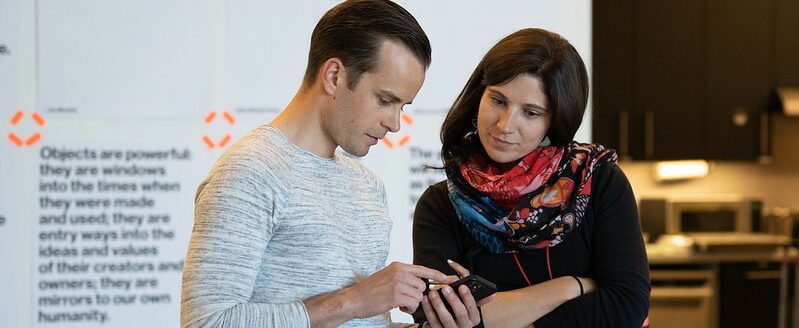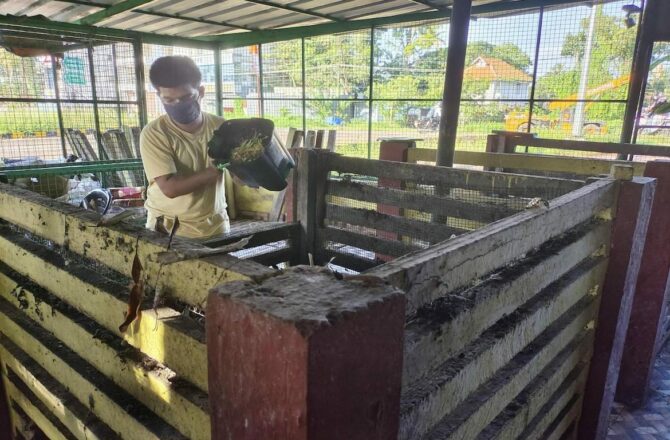
When you fry a pan of green, crispy locust-like insects, the air gets filled with a distinct smell of meat being grilled on a sunday afternoon. Does that mean we could really replace juicy kebabs with grasshoppers? This way, you might reduce carbon emissions from your diet by a factor of ten, quotes a recent BBC article. Insect cultivation uses a fraction of the land, energy and water required for traditional farming, and has a significantly lower carbon footprint.
But, is that a fair substitute?
Meanwhile, people in cities like Lausanne are confused about segregating cooked kitchen waste and raw kitchen waste. With sophisticated technology in place they are mostly unaware of the invisible waste chain and the fact that kitchen wastes have been treated in a biomethanation plant, since 2018. It is in fact crucial at this point to bring waste management to the neighbourhood / household level, writes René Véron (professor of social geography, University of Lausanne).

Could Lausanne learn from Allapuzha, a small town in Kerala, where the decentralised waste management is already in place ?
Active research is carried out by universities across the world on environmental sustainability and improving social well being. But, how much of this academic knowledge is being transferred into action is the real question. The community volunteers / NGOs who work at the grassroot level have more insights on the real time issues that need immediate attention. Are startups aware of the need? Are academics able to connect?
A real conversation with the changemakers is key.
Come, meet the crew driving this change, and network with like-minded people at the Knowledge2Action’s annual networking event. Our aim is to build the framework and support the network to create impact by translating knowledge to action, especially in South Asia and Switzerland. It’s a free, accessible and short event including a storytelling workshop, introduction to our grants and experience-sharing over lunch.
For any queries, write to us at [email protected].